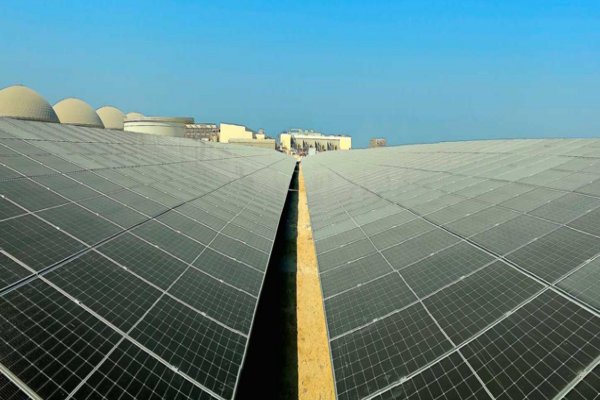Dubai Electricity and Water Authority (DEWA) has announced that more than 8,430 buildings in the city are now connected to its grid using solar rooftop systems. These buildings together produce over 725 megawatts (MW) of electricity from solar photovoltaic (PV) panels.
This is part of the Shams Dubai initiative. It allows people and businesses to install solar PV systems on their rooftops. The electricity produced can be used on-site. Any extra power is fed into DEWA’s grid.
To help speed up connections and approvals, DEWA introduced a tool called ‘Hab Reeh’. It is an online platform where users can check solar panel designs, submit applications, and get faster approvals. The tool helps reduce processing time and costs.
In 2024, DEWA said the platform processed over 1,700 solar connection requests. This is 30 percent more than the previous year. The tool includes a list of more than 150 solar system components approved by DEWA. Users can also access flexible design models through the same platform.
DEWA has also registered 111 companies that can design and install solar systems under the Shams Dubai program. These companies are certified to ensure quality and safety for customers who want to connect solar systems to the grid.
Besides Shams Dubai, there are smaller solar projects under construction or operating around the city. One example is the rooftop solar installations in public schools. These installations, mostly between 50 kW and 200 kW, are helping schools lower their daytime electricity use.
Some of Dubai’s taxi depots and bus stations are also installing small solar arrays to charge hybrid and electric vehicles during the day. These projects usually have 30–100 kW capacity and are part of the public transport authority’s pilot programs.
In the industrial areas of Al Quoz and Ras Al Khor, warehouse owners have started using mid-sized rooftop solar units ranging from 300 kW to 800 kW. These systems feed power directly into building operations, reducing grid demand during peak hours.



